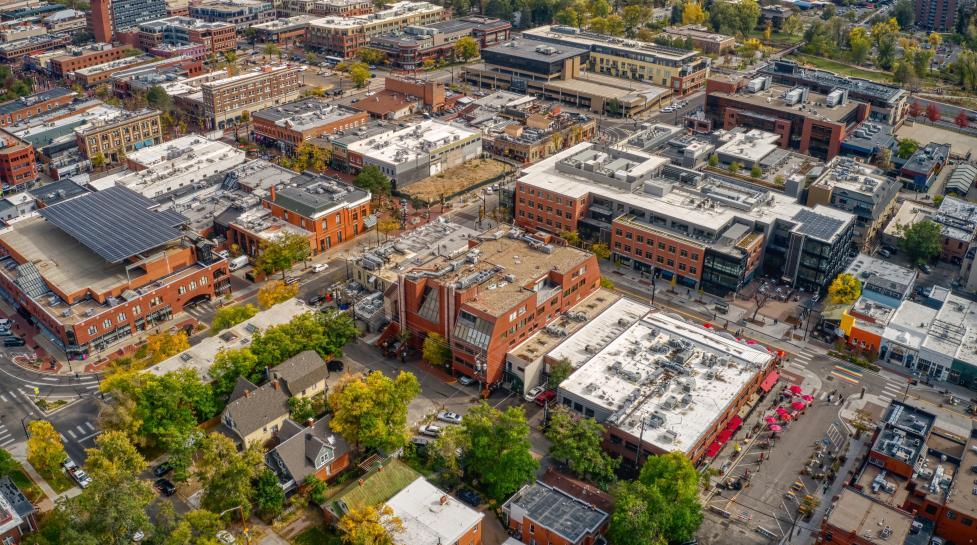Led by Xcel Energy and funded by up to $12.7 million from the U.S. Department of Energy, this project will help Boulder build an electric grid that fully utilizes rooftop solar, battery storage, electric vehicles and other renewable energy technologies, also known as distributed energy sources.
A virtual power plant is an invisible network of distributed energy sources that work together as if they were a single large power plant. These sources are small, local and spread across different locations, potentially allowing for greater flexibility and resilience compared to traditional large central power plants. The VPP connects these resources using smart technology to manage and balance the energy they create and store.
In Boulder, the VPP will utilize existing distributed solar and battery storage with electric vehicle charging stations (including some of the first bi-directional ports in the country) and controllable thermostats in homes and businesses. The University of Colorado, with its existing microgrid and investments in solar, storage and electric fleet, is also partnering in this effort.
The VPP may help Boulder work toward its goal of zero emissions electricity by 2030 by helping to enable more effective use of clean resources. As Boulder’s commitment to distributed renewables has grown, so has interest in virtual power plants. Earlier this year, the Colorado Public Utilities Commission described the benefits of VPP and directed Xcel Energy to develop a pilot project. If successful, a VPP can also improve the use of the community’s distributed renewables and help to avoid the need for new centralized fossil-fueled power plants.
“Community members and businesses in Boulder have long been committed to showcasing the benefits of distributed solar and batteries, as well as electric vehicle charging, programmable thermostats and cogeneration,” said Matt Lehrman, Senior Policy Advisor for the City of Boulder’s Climate Initiatives team. “This project is an opportunity to take the next step in capturing additional benefits from our community’s investments in these resources.”
Community involvement is essential to this project, as the VPP will rely on existing rooftop solar, batteries, electric vehicle charging stations and thermostats. If your home or business already has or will soon have one of these technologies, you may be able to be part of the project. Xcel Energy and project partners – the City of Boulder, the University of Colorado and the National Renewable Energy Laboratory - will develop a community engagement plan for interested community members and businesses.
With Boulder leading the way in innovative energy solutions, the VPP project marks a pivotal step toward a more sustainable, resilient and community-driven energy future.
